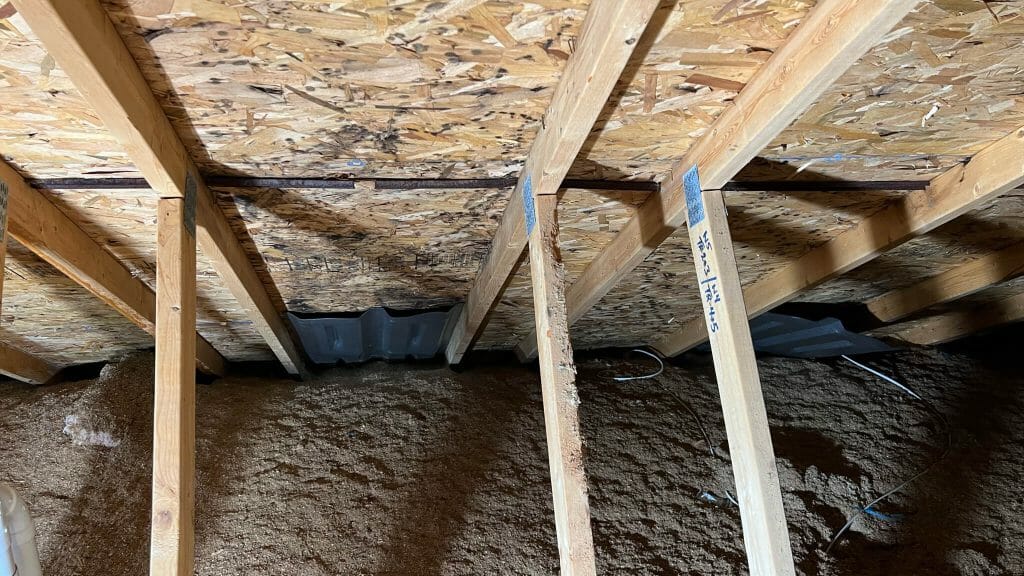What Does Black Mold Smell Like?

When your home starts to have a strange odor, you may wonder: what does black mold smell like? After all, people often talk about the dangers surrounding black mold in homes and the health concerns that it can potentially cause. So, whenever new smells begin to waft in, it’s important to know where they should be any cause of concern or not.
Indoor air quality is something that shouldn’t be ignored, especially where you live and sleep. With the potential for black mold alongside strange smells, identifying it early can help save you or others in your home from potential health concerns that can come with mold.
Identifying Mold Growth from Smell
When trying to identify mold growth from smell, there are specific scents to keep in mind. More often than not, black mold has a musty odor associated with it. This musty smell can come from microbial volatile organic compounds released by the black mold (mVOCs). These mold spores are released throughout the air, which then leads to the foul odor that so many associate with it.
Where to Find Affected Areas
The presence of moisture frequently has a chance to lead to mold exposure. When this musty scent finds its way into your home, the next step is to find the source. Hidden mold usually starts in moisture-prone areas. This could be somewhere under your sink, around the piping or base of your toilets, or even in basements where things like water softeners or heaters operate. Other places to keep in mind are anywhere that may have suffered past water damage or water stains.
Potential Health Issues from Mold Infestation
Whether hidden or visible mold, toxic black mold can cause a variety of upper-respiratory issues that homeowners should avoid. Black mold spores can quickly affect air quality when unaddressed, especially in those with compromised immune systems such as those who suffer from asthma symptoms. According to the National Library of medicine, “non-specific effects include local irritation of the upper respiratory tract, nose, throat, eyes, hands and skin.” The library also states that black mold can also cause an increased risk of respiratory infections and systemic symptoms such as coughing, wheezing, fatigue, headaches, dyspnea, allergies, eczema, as well as hypersensitivity pneumonitis, alveolitis and bronchial issues.
The effects of toxic mold vary from person to person, but each symptom shows the importance of mold identification and the need to reach out to professionals to address mold.
Handle Mold Issues with a Professional Team
When a strange smell enters your home, and you suspect black mold, Michigan Better Environmental can help you find and address the issue before it causes any problems. From identification of black mold growth to mold removal services, we quickly help homeowners remediate black mold problems. Whether you’re suffering from some common symptoms of the presence of mold, or suspect mold because of a smell in your home, we’re here to help. Reach out today to learn more about our mold remediation services and how they can help you avoid further odor and improve the air quality of your house!